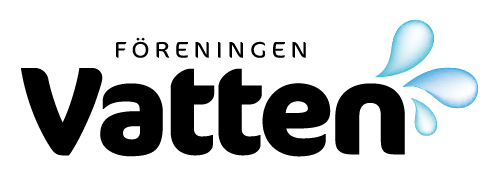Cost effectiveness and fairness of the Helcom Baltic Sea Action Plan against eutrophication / Kostnadseffektivitet och rättvisa i Helcoms aktionsplan för minskad övergödning i Östersjön
This paper evaluates the Baltic Sea Action Plan (BSAP) proposed by Helcom (Helsinki Commission) to combat eutrophication in the Baltic Sea with respect to cost effectiveness and fairness. The background is the documented needs of both these factors for truthful implementation of international agreements, such as the ministerial adoption of BSAP in autumn 2007. The fairness criteria included in this study rest on egalitarian and capability principles and relate nutrient loads and abatement costs to population and GDP (gross domestic production). The results indicate that the cost of BSAP is almost 40 per cent higher than necessary, and that its implementation increases the difference among countries with respect to nutrient loads related to population and GDP. Furthermore, the cleaning cost burdens are relatively high for countries with low GDP per capita. Unless BSAP country allocation undergoes changes there is a risk for implementation failure similar to that of the ministerial agreement on nutrient reductions from 1988, which today is far from being reached in practice.
